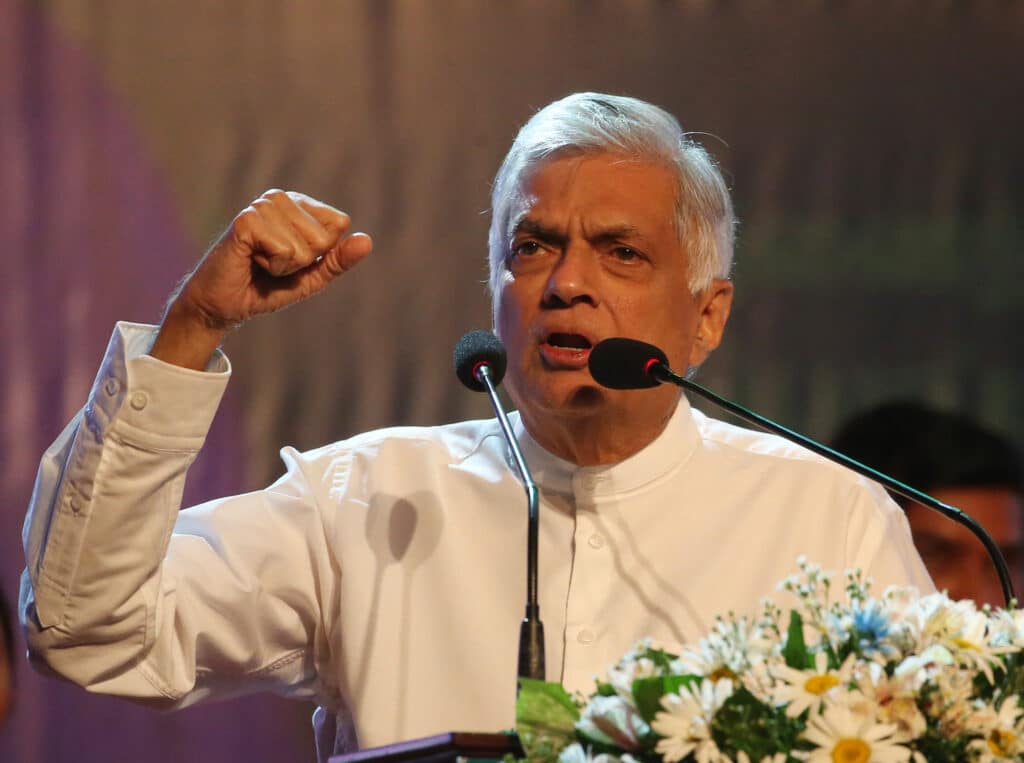Sri Lanka’s president says his government won’t oppose decriminalisation of homosexuality
The president of Sri Lanka has said his government won’t oppose a bill to decriminalise homosexuality – but added the bill must gain support before any laws change.

On Sunday (11 September) president Ranil Wickremesinghe, who has held his role since July this year, said the government will not oppose a private member’s bill presented to parliament by MP Premnath C Dolawatte to decriminalise homosexuality.
Same-sex relationships are currently illegal in Sri Lanka, and there are other discriminatory laws against trans people and sex workers.
Dolawatte’s bill seeks to decriminalise same-sex sexual activity between consenting adults by amending sections 365 and 365A of Sri Lanka’s penal code.
‘A matter of private conscience’
However, it will require support from individual members of parliament, as president Wickremesinghe explained during talks with Samantha Power, the administrator of the United States Agency for International Development (USAID).
According to the Colombo Gazette he said: “We are for it, but you have to get the support of individual members. It’s a matter of their private conscience.”
Last month a bill to amend the penal code with the aim of protecting the rights of Sri Lanka’s LGBTQ+ community was handed over to Wickremesinghe by Dolawatte.
The Penal Code (Amendment) (19th Act) Bill to amend the penal code was also submitted to parliament by Dolawatte as a private member’s bill, the Eastern Eye reported.
The paper said the LGBTQ+ community of Sri Lanka and its allies issued a statement welcoming the private member’s bill.
But despite the bill being submitted, Sri Lanka’s LGBTQ+ community questioned the commitment of its government to address issues faced by the community.
It comes after the Sri Lanka government were accused of forcing abusive anal and vaginal virginity “tests” on LGBTQ+ people in an attempt to prove homosexual conduct.
Since 2017, at least seven people have been forced into the “cruel, inhuman, and degrading” physical examinations, according to a Human Rights Watch report.
Former president of the country, Maithripala Sirisena, also came under fire for “insidious” homophobic comments.
Rosanna Flamer-Caldera of equalities group Equal Ground described the ex-leader as “pathetic” and hit out at the president’s “insidious references degrading the LGBTIQ community”.
